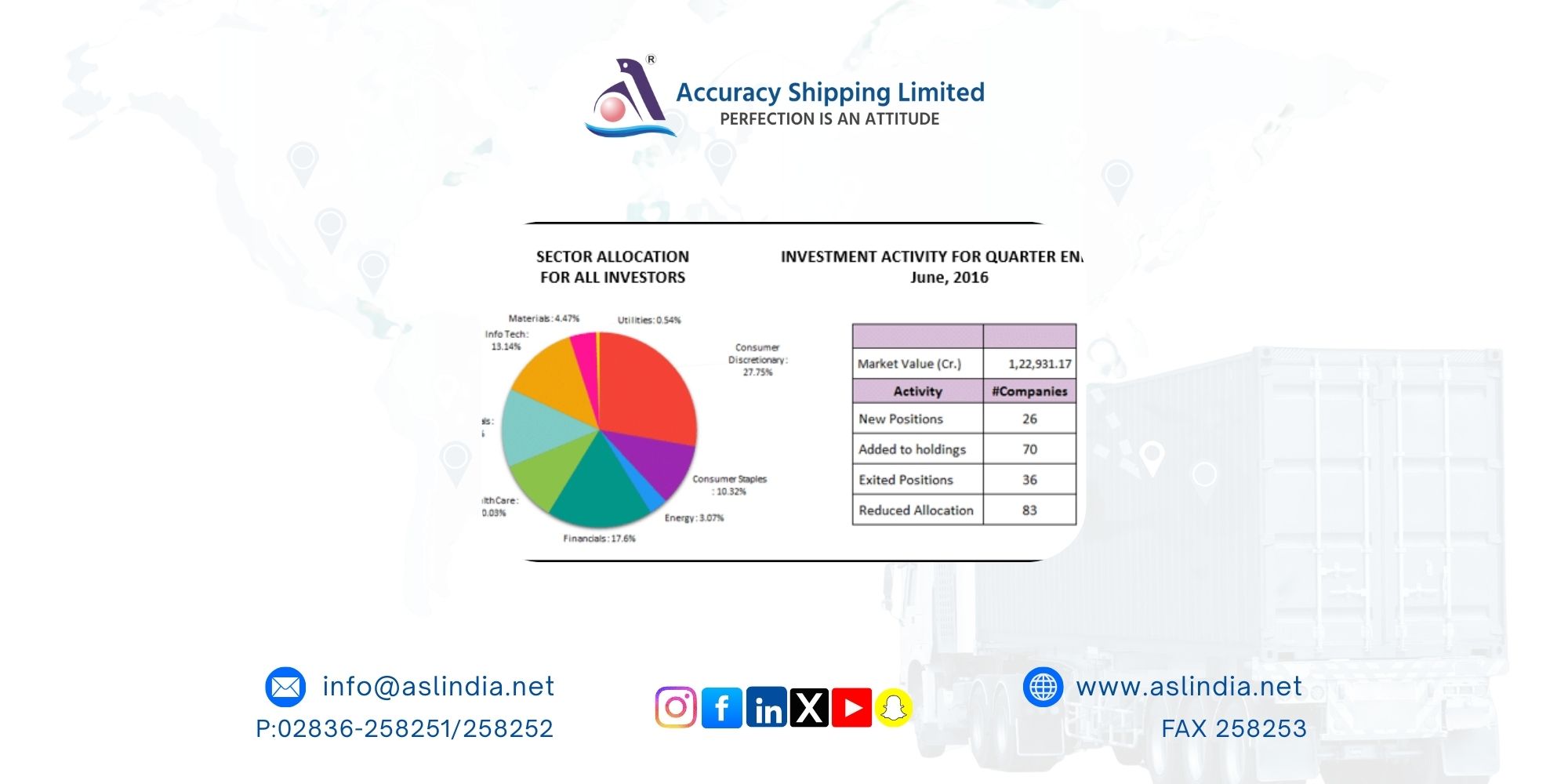Low-carbon lifestyles gain extra credit

In the bustling city of Wuhan, a quiet revolution is taking place—one where bike rides and recycled trash are more than just environmentally conscious choices; they’re also financial assets. Wei Ying, a 36-year-old employee of a State-owned enterprise, recently experienced this firsthand when she reduced her monthly mortgage by 90 yuan ($12) through accumulated carbon credits—rewards earned by leading a low-carbon lifestyle.
This transformation is being powered by Wutanjianghu, a mini program integrated within WeChat. Launched in June 2023 by Wuhan Carbon Inclusion Management Co., under the guidance of the Wuhan Ecology and Environment Bureau, the program is part of China’s broader initiative to achieve peak carbon dioxide emissions before 2030 and full carbon neutrality before 2060.
Turning Everyday Actions into Environmental Impact
Wei Ying’s story is emblematic of a larger movement. Although she already lived sustainably, the mini program added a new layer of motivation by quantifying her efforts—such as using shared bikes and recycling—into carbon credits. These credits are not only redeemable for items like wine and fluffy toys but now even offer practical financial incentives, such as discounts on loans. On March 1, Wutanjianghu partnered with the Wuhan branch of China Minsheng Bank to allow users to offset loan interest by up to 2,000 yuan per year.
A City-Wide Push Toward Sustainable Habits
The program is more than just a gimmick. With over 1.6 million users, Wutanjianghu has recorded emission reductions of over 30,000 metric tons. It tracks seven core low-carbon activities, including:
Riding public buses and subways
Using shared bikes
Opting for electric vehicles on ride-hailing apps
Refusing disposable plastic bags
Each action earns a specific amount of carbon credits. For example:
212.5 grams for each bus ride
78.4 grams per subway kilometer
93.3 grams for each kilometer on a shared bike
Once users accumulate 5,000 grams, they can redeem them for practical rewards—like a half-dozen eggs or even a chance to enter a local marathon lottery.
A Model for Green Innovation
The success of Wutanjianghu highlights the potential of digital platforms to inspire real-world behavioral change. Research by the Chinese Academy of Sciences shows that residential consumption accounts for 53% of China's total carbon dioxide emissions. By giving everyday actions measurable value and financial benefits, these mini programs make sustainability accessible and rewarding.
Wang Qinxin, a 53-year-old retiree and avid user, has racked up over 220,000 grams of carbon credits, showing how the platform resonates across age groups. These programs aren’t just changing habits—they’re building a culture of accountability and action.
What’s Next?
According to Liu Shu, chairman of Wuhan Carbon Inclusion Management Co., the program will soon expand to include more low-carbon behaviors. Though developing accurate emission-tracking methodologies is complex, Liu is optimistic that more activities will be added to further engage users in the fight against climate change.
Conclusion
China’s drive toward carbon neutrality isn’t limited to factories and government mandates—it’s being lived out in homes, streets, and smartphones. Programs like Wutanjianghu demonstrate that when sustainability is made personal, measurable, and rewarding, everyday people become active participants in global climate goals. The extra credit isn’t just in the bank—it’s in building a greener future.







